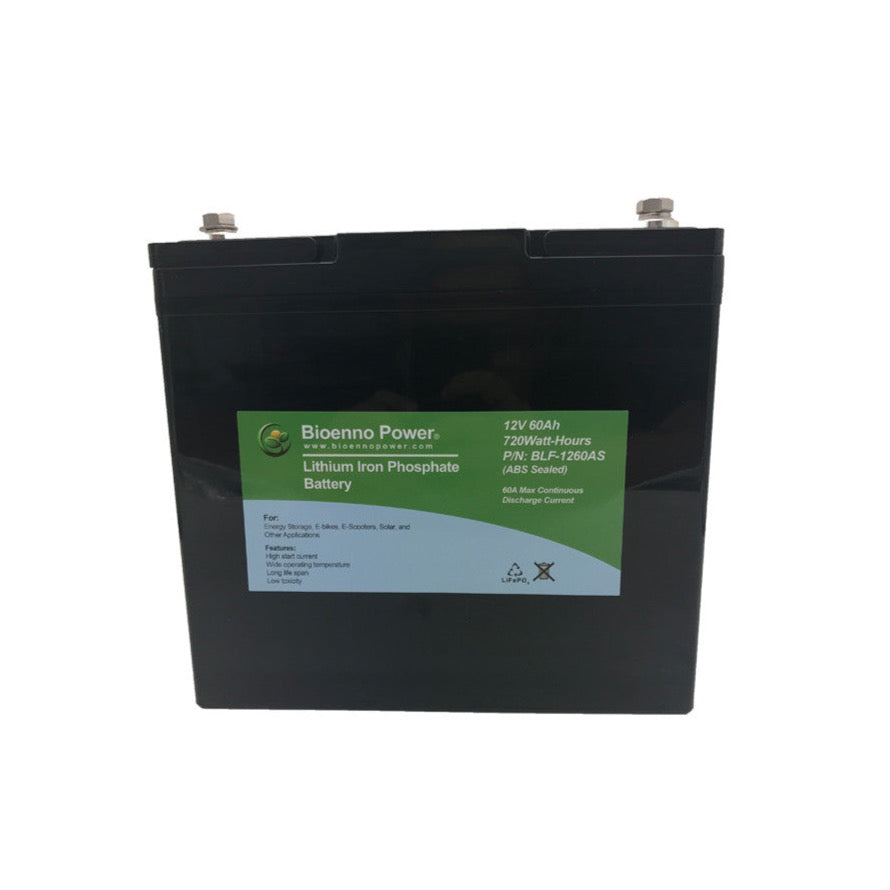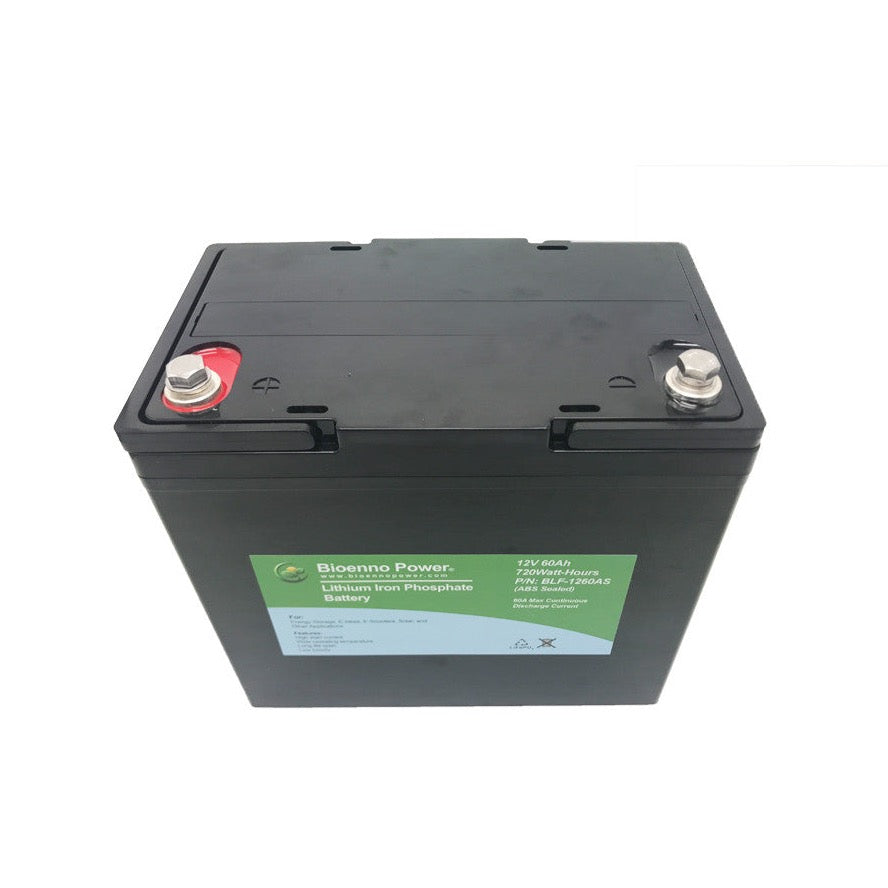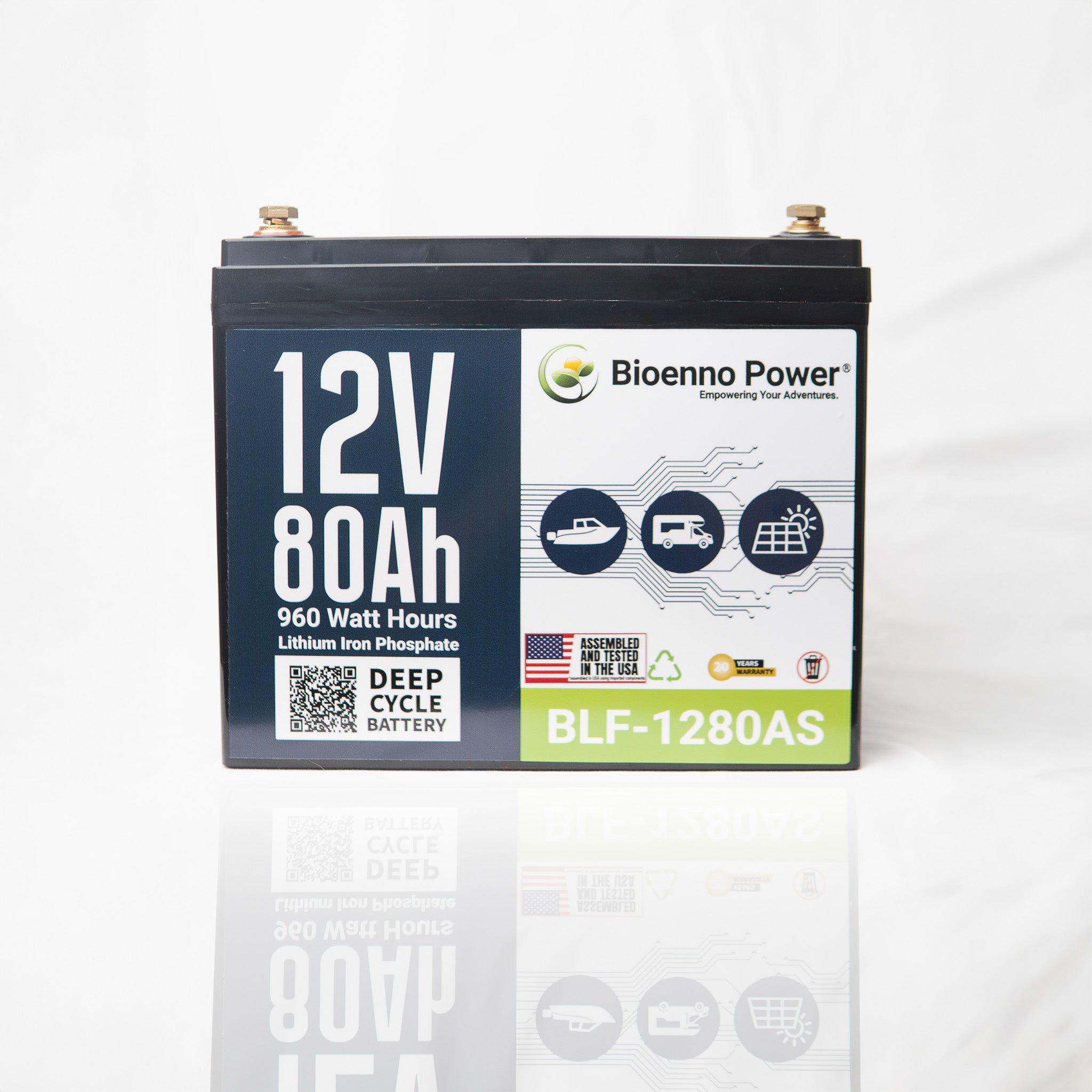When you're getting ready to get out on the water the last thing you want is a failing marine battery. Your boat’s power system needs a reliable source of energy. Recognizing the signs of a deteriorating battery is crucial to prevent unexpected breakdowns. Here are some key indicators you should keep an eye on:
1. Slow Cranking When Starting
One of the initial signs that your marine battery might be in trouble is slow cranking during the engine start-up. If you notice a sluggish or delayed response when turning the key, it could indicate a weakened battery. This is often a result of internal corrosion or sulfation, reducing the battery's ability to deliver a quick burst of energy.
Sulfation occurs when lead sulfate crystals form on the battery plates over time, hindering the chemical reactions necessary for efficient energy transfer. This process can be accelerated by leaving the battery in a discharged state for extended periods.
2. Dimming Lights and Electronics
Your lights and electronic devices play a crucial role in executing your plans. If you observe a gradual dimming of lights or a decrease in the performance of electronic gadgets, it's a red flag. Dimming indicates that the battery is struggling to maintain a consistent power output, potentially signaling the need for a replacement.
Testing Voltage Levels
To assess the health of your marine battery, regularly test its voltage levels using a multimeter. Ideally, a fully charged marine battery should read around 12.6 to 12.8 volts when not in use. Consistent testing can help you identify issues before they escalate, ensuring you stay ahead of potential problems. When you begin to consistently observe readings below 12.4 volts, it's an indication that your battery might not be holding a charge effectively, and replacement should be considered to avoid unexpected failures.
3. Frequent Jump Starts
If you find yourself reaching for those jumper cables more often than usual, your marine battery may be losing its ability to hold a charge. A good rule of thumb is if you're jump-starting more than three times within a short period, it's a clear sign that your battery's reliability is diminishing and could leave you stranded. Frequent jump starts not only indicate a failing battery, but can also harm the alternator and other electrical components in the long run. Address this issue promptly to avoid a complete breakdown.
4. Visible Damage or Corrosion
Perform regular visual inspections of your marine battery. Cracks, leaks, or excessive corrosion around the terminals are signs of trouble. Corrosion typically accumulates on the battery terminals, where metal components are exposed to the elements and electrolyte. This corrosive build-up can impede the flow of electricity, leading to poor battery performance. Clean the terminals regularly and replace the battery if you observe significant damage.
Choosing the Right Marine Battery Replacement
When selecting a new marine battery, consider factors such as the type (AGM, gel, flooded, or lithium), capacity, and maintenance requirements. Choosing the right replacement ensures optimal performance and longevity for your marine power needs. Checkout our line of top performing LifePO4 marine deep cycle batteries.
5. Age of the Battery
All good things come to an end, and the same applies to marine batteries. If your battery is more than three to five years old, it's approaching the end of its lifespan. Regardless of whether you've noticed specific issues, it's wise to proactively replace an aging battery to prevent unexpected failures during your adventures.
Conclusion
Regular maintenance and timely replacement are key to ensuring the reliability and life of your marine battery. By paying attention to these five signs, you can avoid getting stranded on the water. Don't wait until your battery leaves you powerless; be proactive and take measures to save yourself the headaches. Read more with our article: 11 Tips for the Perfect Boating Adventure.
FAQ - Frequently Asked Questions
Q1: How often should I test my marine battery?
Testing your marine battery every month is a good practice to catch potential issues early on. Additionally, perform a thorough inspection before the start of each boating or camping season.
Q2: Can I revive a dead marine battery?
While some techniques claim to revive a dead battery, it's often a temporary solution. Once a battery has reached the end of its life, replacing it is the most reliable course of action.
Q3: What is the average lifespan of a marine battery?
The lifespan of a marine battery varies based on usage, maintenance, and type. Lithium batteries have much longer lifespans. On average, marine batteries last between three to five years. Buying a quality deep cycle battery and regular maintenance can extend this lifespan.
Q4: How do I dispose of an old marine battery?
Dispose of old marine batteries at designated recycling centers or return them to the retailer when purchasing a new one. Proper disposal is essential to prevent environmental harm.








